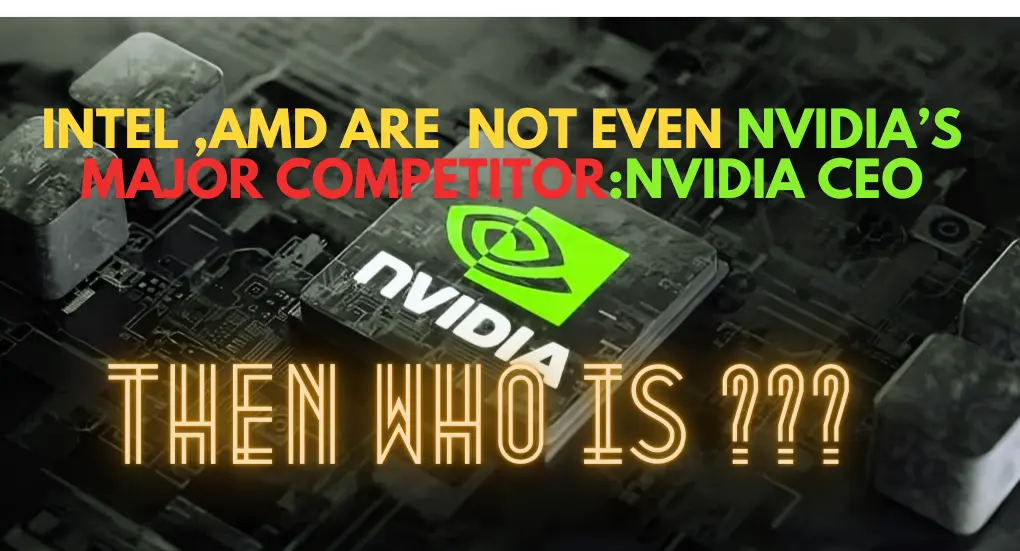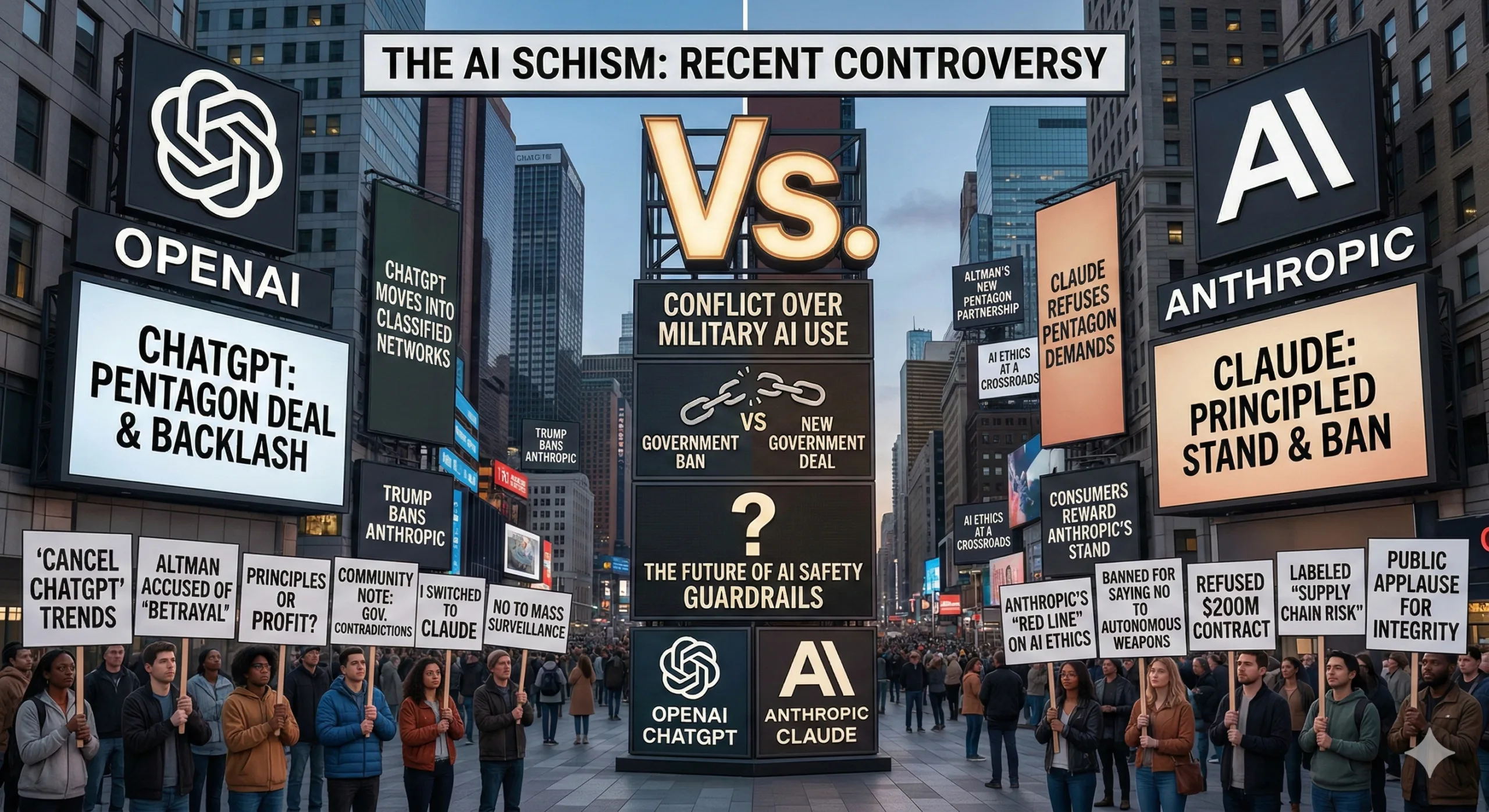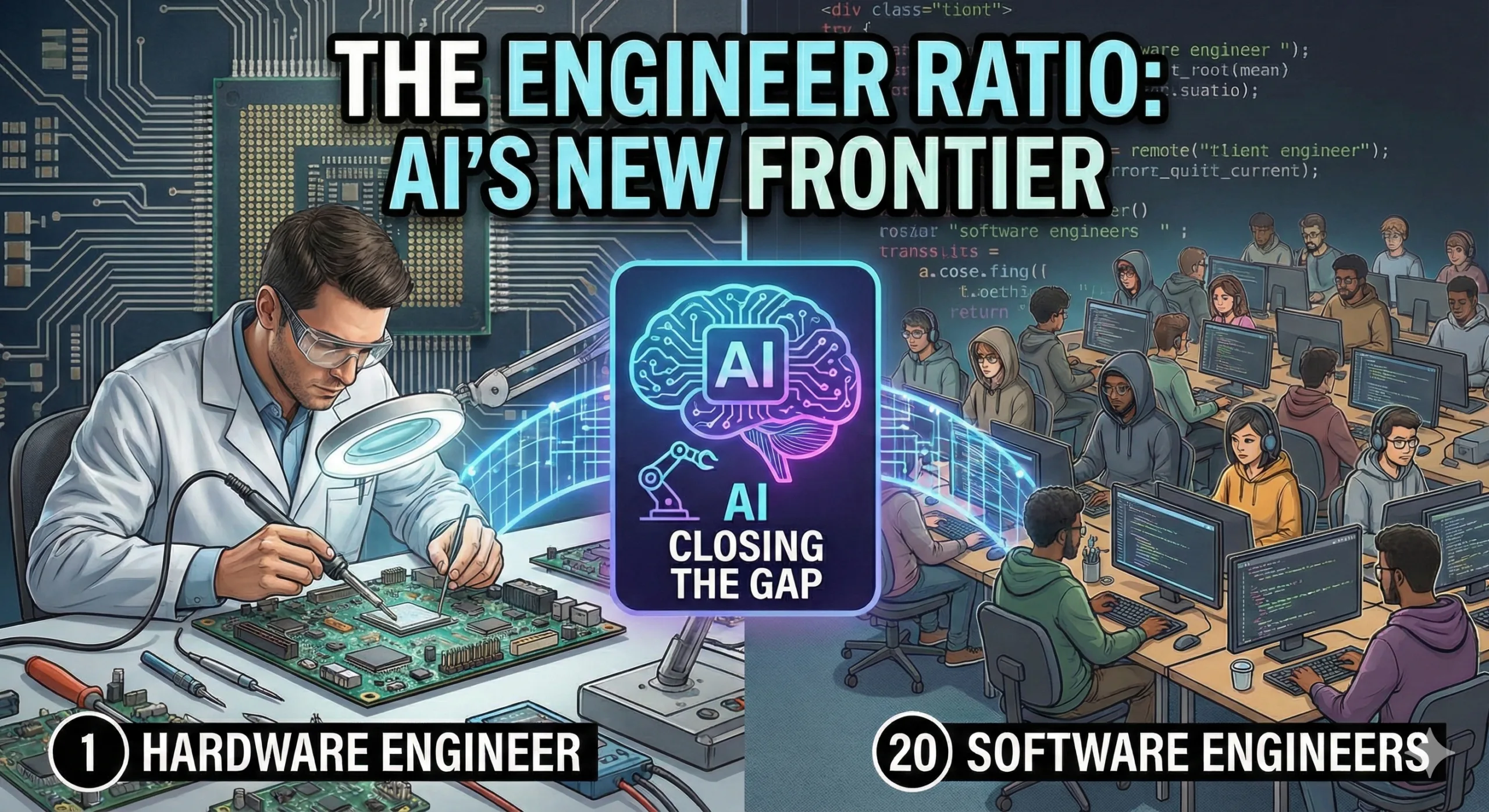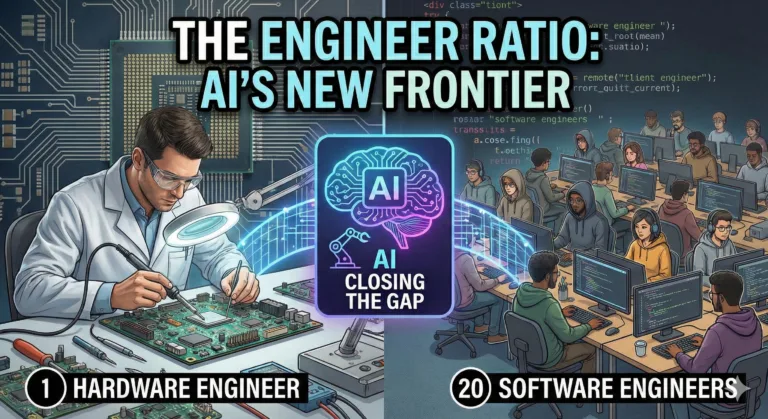“NVIDIA’s CEO Jensen Huang does not consider AMD and Intel to be Nvidia’s major competitors in the AI chip market. Instead, he lists Huawei, Google’s TPU team, AWS Trainium and Inferentia teams, Microsoft’s internal ASIC development called Maia, and various cloud service providers in China as his major competitors who keep him up at night
Recently Nvidia became $2 trillion company but Nvidia CEO doesn’t considers Intel and Amd as Nvidia’s major competitor.
Mr Huang continued : Although AMD and Intel are indeed important players in the semiconductor industry, they are not specifically highlighted as NVIDIA’s major competitors in the AI chip arena. Rather, NVIDIA faces fierce competition from Huawei, Google, and others in the domain of AI chips and related technologies”.
In all these lists One name that surprised all was Huawei. Despite several bans from America, Chinese major tech firm Huawei surprised the world with its custom made Kirin 9000S chip that came in Huawei’s Mate 60 Pro, built on 7 nm node and it had sent waves across the globe .And one more important thing that needs to be highlighted that Nvidia put Huawei on the top spot, even above Google and Amazon.
According to Nvidia annual reports Huawei competes with Nvidia over 4 out of 5 major categories whereas other competitors like AMD,INTEL only compete across one over five major categories.
Let us see what the four major categories on which Huawei competes over Nvidia and becomes as Nvidia’s major competitor:—-
Nvidia and Huawei compete in several key areas, including:
- Artificial Intelligence Chips: Both companies are competitors in supplying chips designed for artificial intelligence, such as GPUs, CPUs, and networking chips. Huawei’s Ascend series of chips, particularly the 910B chip, competes with Nvidia’s AI chips like the A10.
- Cloud Services: Huawei is identified as a cloud service company that designs its hardware and software to enhance AI computing, putting it in direct competition with Nvidia in this sector.
- Hardware and Software for GPUs: Nvidia and Huawei compete in providing hardware and software for graphic processing units (GPUs), which are crucial for AI applications.
- Arm-based CPUs and Networking Products: Both companies are competitors in the production of processors that power AI systems, including Arm-based central processing units (CPUs) and networking products
Now Let us see how the NVIDIA’s market share has changed with respect to its competitors
NVIDIA’s market share compared to its competitors has shown variations across different sectors over the past few years:
- Consumer Electronics Market: In the consumer electronics silicon market, NVIDIA has an estimated 5-8% share, with Qualcomm leading at over 25%, and Samsung and Huawei collectively holding 10-15% of the market.
- Gaming Industry: NVIDIA has maintained a market share of approximately 75-80% in the discrete PC gaming graphics market over the past few years, while AMD’s share has been in the 18-20% range.
- AI Hardware Market: NVIDIA dominates the AI hardware market with around 80% share, with AMD capturing most of the remaining share at around 15%.
- Gaming Laptop Market: Reported statistics indicate that NVIDIA currently dominates the dedicated mobile discrete graphics market with over 80% share, while AMD’s mobile GPU business has grown to approximately 18%.
- Embedded Systems Market: In embedded systems, NVIDIA’s main rivals are ARM CPU providers, Intel, and graphics silicon startups. We don’t have any particular data in this segment.
Overall, while NVIDIA maintains a strong position in certain markets like AI hardware and gaming graphics, it faces competition from various players such as AMD, Intel, and others across different segments of the semiconductor industry but Nvidia considers only Huwaei as its major competitor .So, this was an overview of the major competitors of Nvidia.
Stay tuned for more comparative articles on Huawei versus Nvidia. Till then keep Wireunwiring
Finance Hits the Same AI Wall as Insurance—85% Want Agents, Only 25% Can Trust Them
85% of finance firms want agentic AI but only 25% have governance—same trust gap as insurance. Sentient launches Arena to test agent explainability.
OpenAI Claims Better Safety Than Anthropic in Military AI Deal—Then Gets Roasted by Users
OpenAI on X annouced deal with Department of War ,claiming 'more guardrails' than Anthropic in DOD deal. Users on X mock this saying I hope your company goes down the toilet.
AI Assistants Have a Fatal Flaw: They Can’t Tell You Apart From Attackers
AI assistants can't tell user commands from attacker commands. Prompt injection lets hackers access your email, files, and credit cards.
20 Software Engineers for Every 1 Chip Designer—AI Is Trying to Close the Gap
20 software engineers exist for every hardware engineer in the US. AI tools are turning software talent into chip designers—but senior expertise still wins
Discover more from WireUnwired Research
Subscribe to get the latest posts sent to your email.








